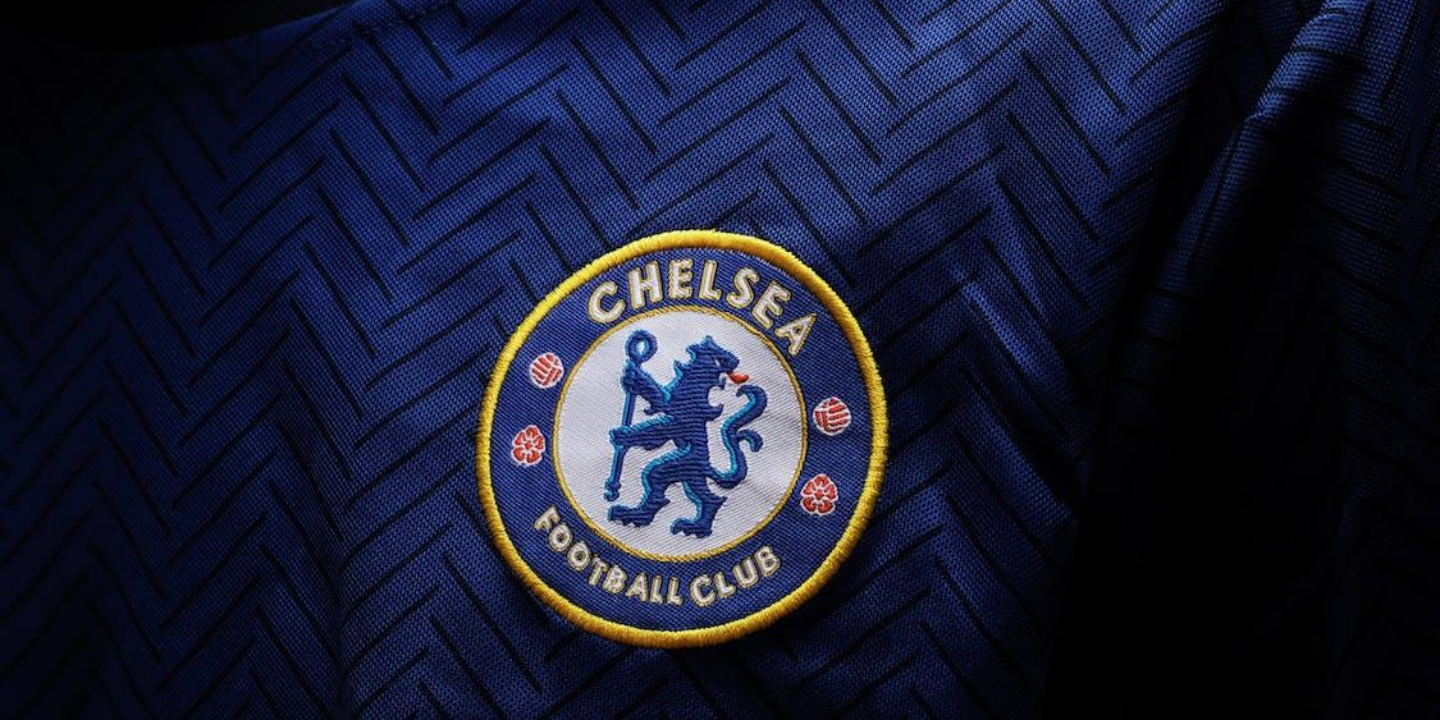With weeks left before South Africa’s watershed 29 May general election, fledgling uMkhonto we Sizwe (MK) party faces yet another challenge: the inability to immediately remove names of its expelled five former leaders.
They are featuring high on the Electoral Commission of South Africa (IEC) list of candidates destined for the National Assembly.
Leaders axed for ‘working with the enemy’
The party recently purged founder Jabulani Khumalo, Ray Khumalo, Bheki Manzini, Lebo Moepeng and Rochelle Davidson, on the grounds of “working with the enemy”, as some MK members cited Khumalo’s lavish lifestyle.
Despite Khumalo registering the party with the IEC last September, the MK party only came into prominence when Zuma confirmed dumping “the ANC of Ramaphosa” – signalling he would campaign for the new party.
In an interview yesterday with The Citizen on the sidelines of a workshop in Johannesburg on the legal intricacies and preparedness for the polls, IEC deputy chief electoral officer Masego Shiburi said the electoral body would not be able to alter or remove some names in the MK party candidates’ list.
“In the case of the MK party or any other organisation – in terms of the law – leaders do not have a carte blanche right to remove any candidates’ names after the closing date,” said Shiburi.
ALSO READ: MK party says expelled founder Jabulani Khumalo was living like a millionaire
Changes cannot be made with the IEC
“Changes cannot be made with the IEC but with secretaries of legislatures.
“We will gazette the lists as they are and we have no enabling legal instrument to change, adjust, alter or remove people’s names.
“Once the election results are announced, we will assign seats to people who were on the candidates’ list, transferring those to the chief justice and secretaries of legislatures,” he said.
On United Democratic Movement (UDM) leader General Bantu Holomisa’s announcement to run for the premier of the Eastern Cape, Shiburi said: “Maybe the UDM has a way of dealing with provincial secretaries of legislatures.”
The IEC had to deal with 70 political parties that have met the requirement to contest the elections – 11 independent candidates, with 50 of the parties contesting national elections for the National Assembly seats, 31 contesting for the first time.
Asked about challenges, Shiburi said: “While we are able to deal with difficulties, our only concern is that we cannot keep on growing the number of contesting parties when the voice in the legislative assembly has not increased.
ALSO READ: Exiled MK founder wants Zuma removed as face and president of party
“In 2019, there were 78 political parties contesting the elections, but the number of parties represented in the National Assembly remained at 14.”

 1 week ago
1 week ago
















 English (US) ·
English (US) ·